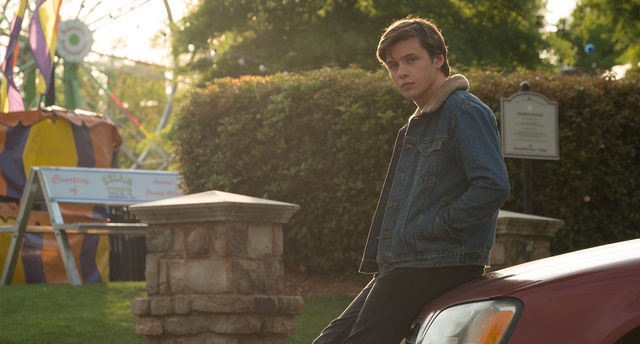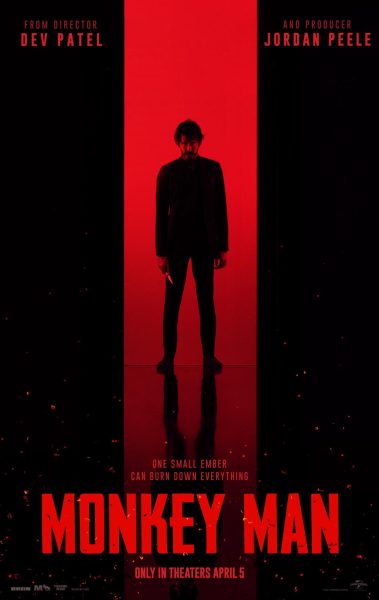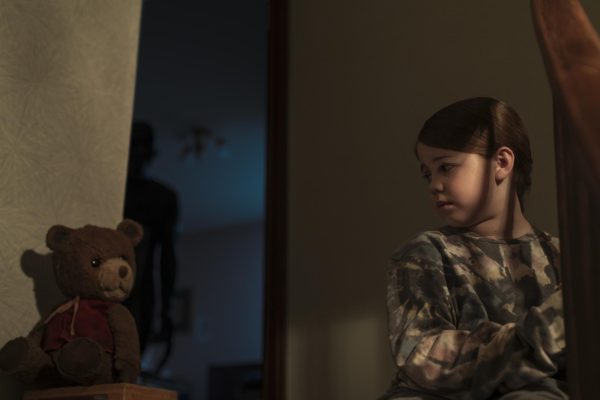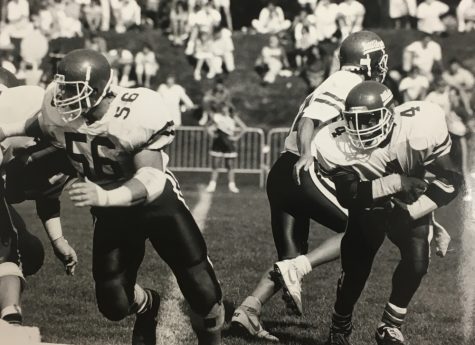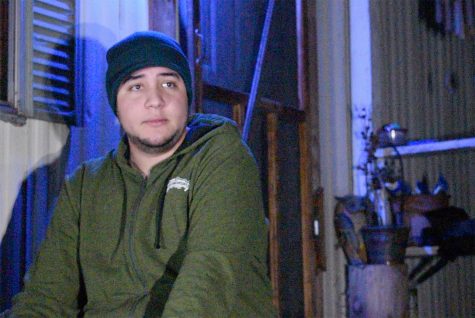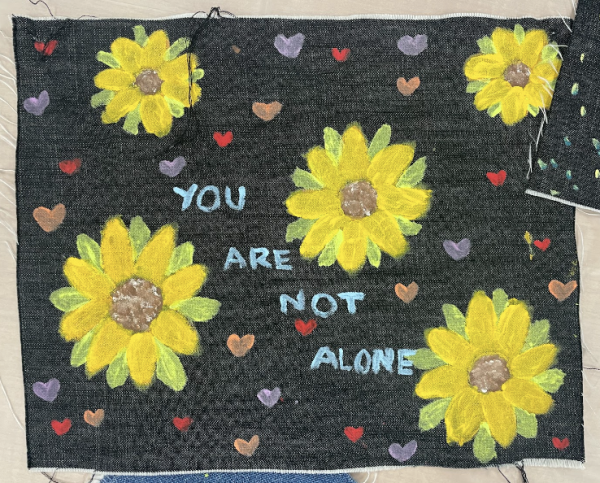‘Love, Simon’ inspires people to be who they are
It doesn’t get cheesier than a guy searching for his perfect love story.
Simon Spier (Nick Robinson) has a seemingly normal life with a loving family in a picturesque suburban home and a great group of friends to carpool with to school every day. However, Simon has “one huge a** secret:” No one knows he’s gay.
One day, a fellow classmate who goes by the alias Blue, posts on the school page that he is gay as well. Simon decides to create a Gmail account and contact Blue, under the pseudonym Jacques. The rest of the film features Simon writing love emails to Blue and decoding who this mystery classmate is while trying to avoid being outed by Martin, a classmate who came across Simon’s emails in the library and screenshotted them.
The message behind this movie is the best, and most important, thing someone could take away. In the scenes between Simon and his mother Emily Spier (Jennifer Garner), and Simon and his father Jack Spier (Josh Duhamel), the parents tell Simon that he can finally breathe and be who he hasn’t been able to be in a long time and that they still love him.
One of my favorite and funniest parts of the film was when Simon’s friends came out to their parents as straight. I thought it was interesting that they had to come out because it’s the “norm” to be straight, but it showed how ridiculous it looked on the other end. It made me think about how much easier it is to be straight because I would never have to tell my parents, whereas someone who isn’t straight has to live in fear of being rejected or someone exploiting their secret.
Some might argue that Simon was already at an advantage since he’s white, lives in an accepting home and quite masculine (“you can’t tell that he’s gay”), but I would argue that it’s beside the point. In the bigger picture, Simon was living a life where he couldn’t be true to himself and scared to be rejected by his friends and family, which is more relatable than race and privilege.
No, this film doesn’t speak for all gay people because not everyone’s friends and family will be as accepting as Simon’s. But what this film did was allow people to believe that someone else feels the same way they do, which made it easier for them to come out. I think everyone, despite their sexuality, can learn from this movie because introducing their true form to the world can be scary. For the touching message that inspired many teenagers to show their real selves to the world, I give this film five out of five stars.
5/5
Julia Maldonado can be reached at [email protected] or @julianewsblog on Twitter.








